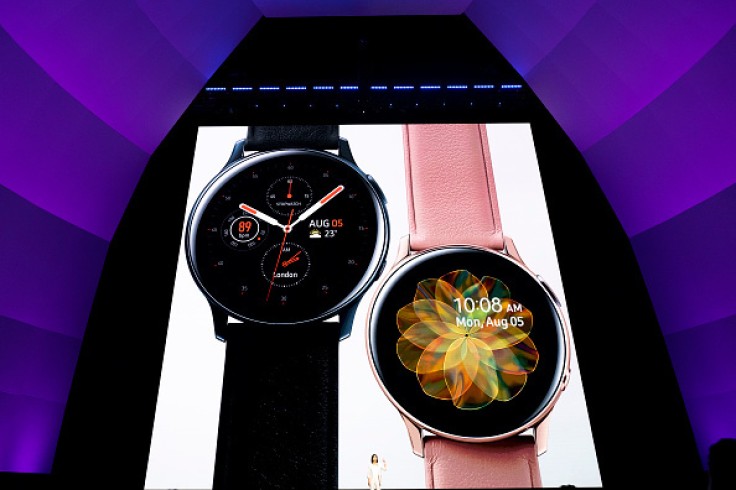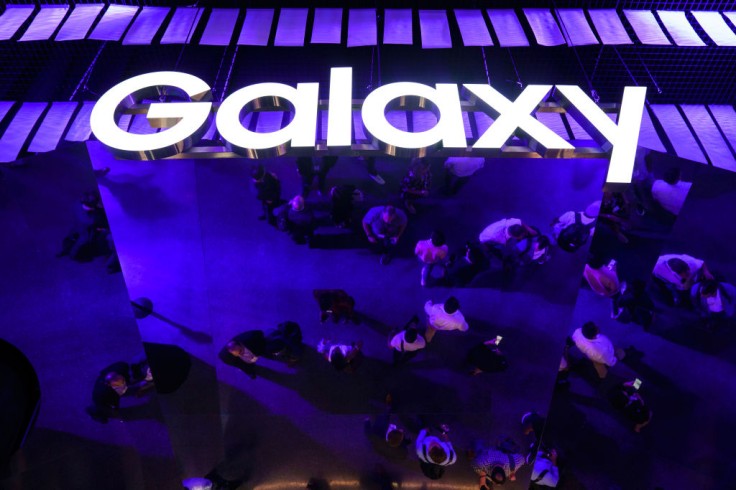Samsung Galaxy Watch 4 study shows that its SpO2 blood oxygen sensor is accurate enough to be compared to medical tools.
Gone are the days wherein watches were merely time tellers, thanks to the innovation of smartwatches, which introduced various fancy features and handy health capabilities.

And as such, smart wearables these days have intricately evolved into reliable health trackers, which include monitoring physical activities, real-time heart rate, and the sleeping habits of their users.
But are these health monitoring features actually that accurate? Well, the latest study from no less than Samsung shows us.
Samsung Galaxy Watch 4 SpO2 Blood Oxygen Sensor Study
As per a news story by WCCFTech, the Samsung Galaxy Watch, specifically the series 4, accurately measures Obstructive Sleep Apnea (OSA).
The South Korean tech giant Samsung Electronics and its Samsung Medical Center spearheaded a study that looked into the efficacy of the SpO2 or blood oxygen sensor of the Galaxy Watch 4.
The Samsung study primarily checked out how accurate the blood oxygen sensor of its smartwatch was in detecting any symptoms of OSA.
To do so, the researchers of the folks from Samsung used a Galaxy Watch 4 to track the blood oxygen levels of a total of 97 adults who suffer various sleep disturbances.
Galaxy Watch 4 Blood Oxygen Sensor: How Accurate Is it?
The study monitored the blood oxygen of the 97 adults using the health sensors of the Galaxy Watch 4, along with a piece of medical equipment that also tracked their oxygen levels to make a side-by-side comparison.
According to a recent report by Android Police, the researchers went on to monitor the peripheral oxygen saturation of the participants in two ways -- through the smart wearable and a piece of traditional medical equipment.

Samsung published its study in the Sleep Health Journal of the National Sleep Foundation, showcasing impressive results in favor of the Galaxy Watch 4.
The research shows that the readings of the medical equipment and the smartwatch are impressively parallel.
It essentially means that the Galaxy Watch 4 could accurately monitor the oxygen saturation of its users while they are dozing off.
Android Police notes that the study further highlighted that the OSA disorder is pretty common nowadays. In fact, the research blurted out some numbers, confirming that roughly 38% of adults are currently grappling with the sleeping disorder.
To be more precise, about 25% of middle-aged women experience moderate to severe OSA, whereas 50% of men in their middle ages also suffer from the sleeping disorder.
Related Article : Samsung Galaxy Watch 5, Watch 5 Pro Renders Have Leaked Online









